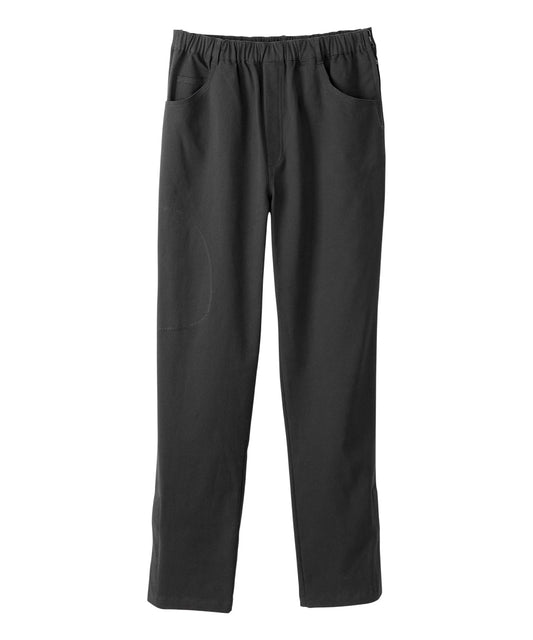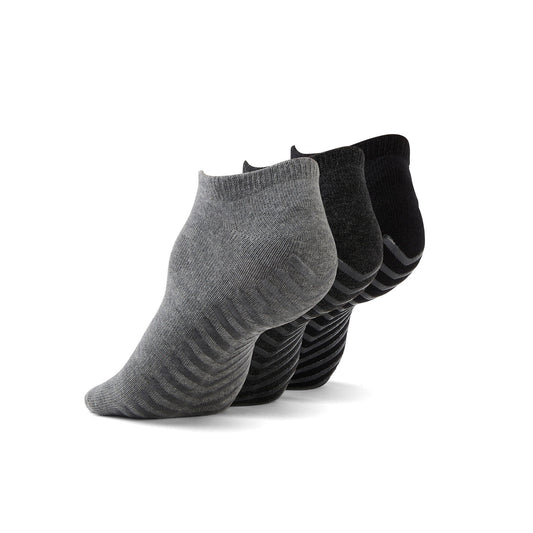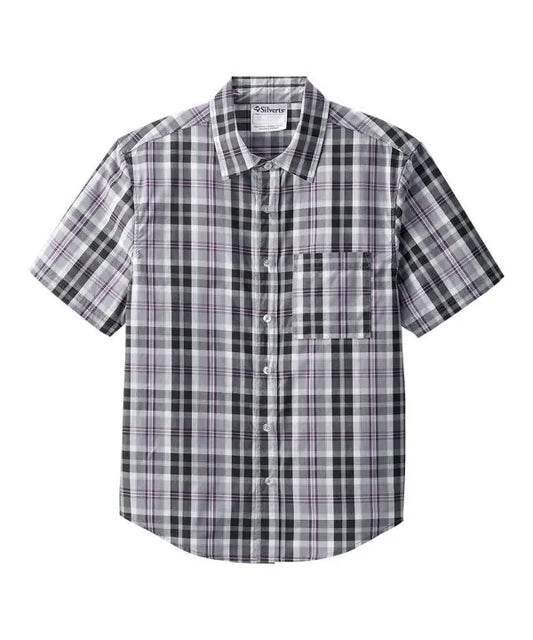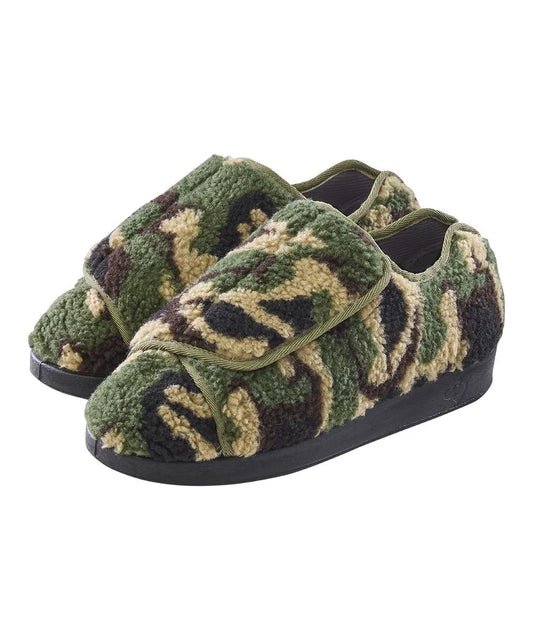Written and Reviewed by Alisa Matsushita-Bomba
Alzheimer's is a specific disease, whereas dementia is a general term for a mental decline serious enough to interfere with daily living. The most frequent cause of dementia is Alzheimer's disease. You can read more about dementia here, and Alzheimer’s in our blog post here. When choosing a gift for someone with dementia or Alzheimer's, it's important to keep in mind their abilities and limitations, as well as their interests and preferences. Consider what activities or items have brought them joy in the past, and try to incorporate those into your gift choice. Whether the gift is for their birthday, Mother’s Day, Father’s Day, Christmas, or any other time you want to show your loved one appreciation, here are some ideas for gifts to give dementia and Alzheimer’s patients:
Adaptive clothing:
Adaptive clothing is clothing that is made with features like zippers and buttons to make it easier for people to dress. Gifting adaptive clothing to patients with Dementia and Alzheimer’s can allow them to dress in clothes that are comfortable and fashionable while being easier to put on than regular clothing. June Adaptive carries many kinds and styles of adaptive clothing such as shirts, shoes, socks, dresses, and pants.
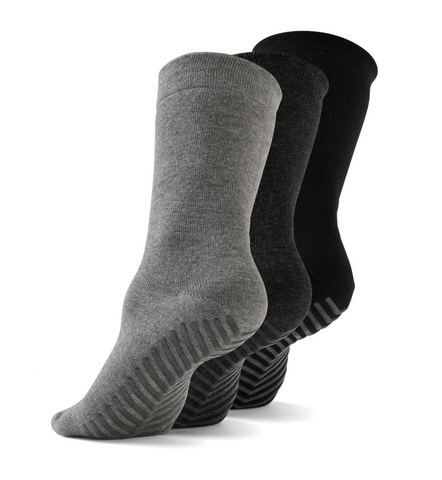

Aromatherapy supplies:
Aromatherapy is the practice of using essential oils for therapeutic purposes. According to research, aromatherapy can help dementia patients relax, and some essential oils may even be able to help Alzheimer's patients with their cognition. Lemon balm has been shown in studies to enhance cognition and mood in the treatment of Alzheimer's disease, and lavender oil has been shown to lessen the occurrence of aggressive behaviour in dementia patients.
Books:
Reading books can help improve cognitive function, such as memory, attention, and reasoning skills. Consider purchasing an audiobook if you find that the individual once loved reading but now finds it difficult. Today's most well-known novels are available as audiobooks on CD, MP3, e-readers, tape, and the internet. Additionally, more publishers are starting to recognise the demand for novels specifically created for readers with dementia. These books have large print, thicker pages and emphasize visuals. If the individual has dementia that is more advanced, you may want to read them their favourite book out loud instead.
Comfortable seating:
An easily accessible chair or recliner can be a valuable gift for someone with mobility issues or who spends a lot of time sitting. Alzheimer’s and dementia patients will benefit from this gift as they will have a set chair to relax and rest. This can reduce agitation and restlessness, and can also provide safety; comfortable seating with proper support and safety features can help reduce the risk of falls or accidents.
Gardening equipment:
Gardening involves physical activity, such as digging, planting, and watering, which can help individuals with dementia or Alzheimer's stay active and improve their physical health. It can also have a positive impact on mental health, reducing stress, anxiety, and depression, and provides a sense of purpose and accomplishment. It can also be a social activity, providing opportunities for individuals with dementia or Alzheimer's to engage with family members, friends, or caregivers outdoors. For individuals who used to garden in the past, it can provide opportunities for them to reminisce about past experiences with gardening or nature, which can help improve their mood and well-being.
Medicine organizers:
People with dementia and Alzheimer’s may need help organizing their medicine as they progress with their condition. Medicine organizers can help promote medication adherence and reduce medication errors by helping them stay on track with their medication schedule and ensure they take the right amount at the right time. They can also help reduce caregiver burden by simplifying medication management and minimizing the risk of errors. This improves safety by ensuring that medication is taken as prescribed and in the correct dosage.
Mobility aids:
Mobility aids like walking canes, scooters, and walkers can allow older people to move around safely by themselves. A cane can be used for someone who only needs some assistance for moving around while scooters can be purchased for someone who needs more assistance.
Music and film gifts:
At all stages of the disease, individuals with dementia and Alzheimer’s and those around them can find great joy and comfort in music. Depending on the genre/type of music and film, they can be beneficial in different ways. Listening to upbeat music or watching funny videos can help improve mood and overall well-being in individuals with dementia or Alzheimer's. Listening to calming music or watching relaxing videos can help reduce feelings of anxiety or agitation. CDs and videos can provide a source of entertainment and engagement for individuals with dementia or Alzheimer's, giving them an interesting and entertaining task to pass the time.
Photo albums:
Personalized items like scrapbooks and photo albums can be a good way to help stimulate memories and trigger recollections of past events and experiences. This can be particularly beneficial for individuals with dementia or Alzheimer's, as it can help them stay connected to their personal history and identity. Photos can also serve as visual aids to support communication and help individuals with dementia or Alzheimer's express themselves and communicate their thoughts and feelings. Photo albums can provide a source of entertainment and engagement for individuals with dementia or Alzheimer's, providing a nice, enjoyable activity to fill their time.
Puzzles and memory games:
Puzzles and memory games can help improve cognitive function, such as memory, attention, problem-solving, and reasoning skills. This can be particularly beneficial for individuals with dementia or Alzheimer's, as it can help slow down cognitive decline and improve their overall quality of life. They can also provide opportunities for social interaction and enjoyment with friends and family.
Reminiscence therapy books:
Reminiscence therapy books are designed to help stimulate memories and trigger recollections of past events and experiences. These books can help them stay connected to their personal identity and provide a sense of comfort and familiarity, as they often feature images and stories from the individual's past. They can provide opportunities for social interaction and reminiscing about shared experiences with family members and friends and be a source of entertainment and engagement for them on their own.
Sensory stimulation items:
Sensory toys, like a fidget box, stuffed animals, scents, and textured objects can calm the brain and provide a sense of comfort and relaxation, improving their wellbeing and overall quality of life. Sensory stimulation items that feature familiar scents, textures, or sounds can help stimulate memories and trigger recollections of past events and experiences. The sensory item that is the most helpful can depend on the individual. There are many options that you can buy online or make one on your own.












